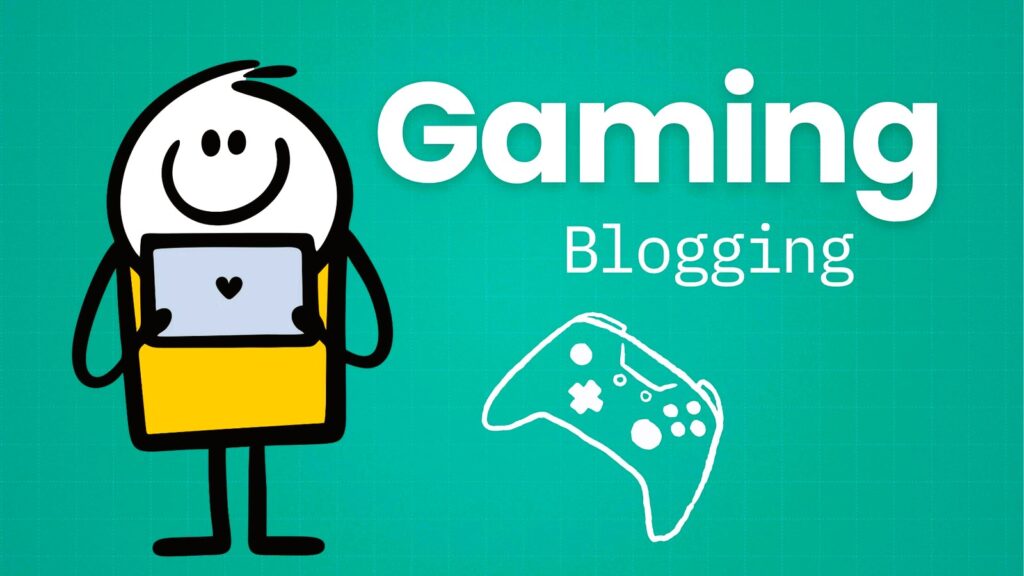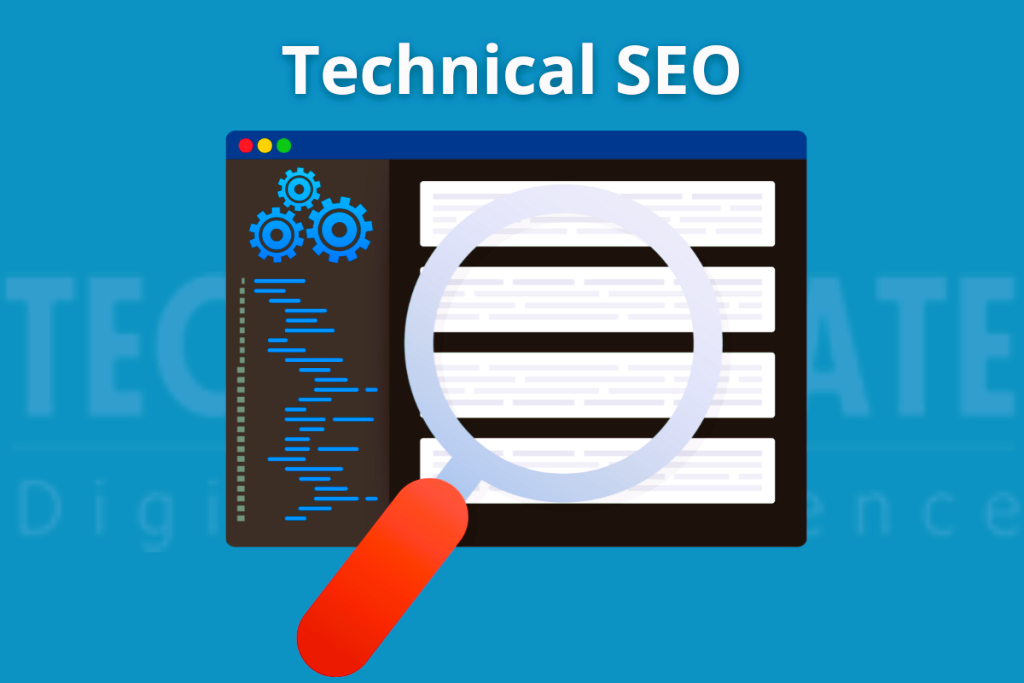In the rapidly growing world of eSports, tournaments have become central to attracting both players and fans. As competition intensifies, game organizers must utilize effective strategies to stand out and reach their target audience. One of the most powerful tools for ensuring the success of an eSports tournament is Search Engine Optimization (SEO). SEO strategies help improve the visibility of an event on search engines, driving organic traffic to the tournament’s website, increasing participant registration, and fostering fan engagement. This article explores essential SEO strategies for promoting eSports tournaments.
Keyword Research and Optimization
The foundation of any successful SEO campaign is thorough keyword research. For eSports tournaments, this means identifying terms that potential players and fans are likely to search for. These might include phrases such as “eSports tournament,” “competitive gaming events,” “online gaming tournaments,” and specific game-related keywords (e.g., “CS:GO tournament” or “League of Legends championship”).
Once the relevant keywords are identified, they must be strategically placed on the tournament’s website, blog, and social media channels. Content such as event announcements, player profiles, and news updates should include these keywords in titles, headings, meta descriptions, and throughout the body text. Effective use of keywords helps search engines understand the content and improves the event’s chances of ranking high on search engine results pages (SERPs).
Local SEO for Regional Tournaments
For tournaments targeting specific regions, local SEO is essential. Optimizing for local search involves adding location-based keywords, creating location-specific content, and ensuring the tournament is listed in local online directories such as Google My Business.
For example, if the tournament is held in New York, phrases like “New York eSports tournament” or “NYC gaming competition” should be included on the website. Additionally, the tournament’s location should be marked on maps, and any relevant local events or collaborations should be highlighted on social media and in blog posts.
Engaging Content Marketing

Content marketing plays a significant role in SEO and should be part of the overall strategy. Regular blog posts, video updates, interviews with players, and detailed analysis of past tournaments can all help boost search engine rankings. By offering valuable and relevant content to fans, organizers can build a community around the tournament and generate organic traffic.
For example, posting behind-the-scenes content about the tournament preparation, player insights, or strategy guides can draw in both players and spectators. Engaging content keeps the audience interested and encourages them to return, which signals search engines that the site is authoritative and useful. Like our article? Read also about Cross-Platform Play.
On-Page SEO: Optimizing the Tournament Website
The website serving as the hub for the tournament must be optimized to offer the best user experience and performance. On-page SEO involves ensuring the website is fast, mobile-friendly, and easy to navigate. Key factors include:
- Fast Load Times: Ensure the website loads quickly to reduce bounce rates. This can be achieved by optimizing images, using a reliable hosting provider, and minimizing unnecessary scripts.
- Mobile Optimization: Since many fans and players access information on mobile devices, the website must be mobile-responsive to provide a seamless experience.
- User-Friendly Design: The site should be easy to navigate, with clear calls to action (CTAs) for registration, ticket purchasing, and watching the tournament live.
By enhancing these elements, the tournament’s website will be more likely to rank well on search engines, attracting more organic visitors.
Backlink Building
One of the most effective ways to improve a website’s authority and SEO is through backlink building. For eSports tournaments, this means getting backlinks from reputable sources in the gaming and eSports industry, such as popular gaming blogs, news outlets, and influencers. These backlinks not only help increase domain authority but also drive targeted traffic from these high-quality websites.
Collaborating with influencers in the eSports scene, offering guest posts, or getting tournament coverage on established platforms can generate backlinks and enhance SEO efforts. Additionally, tournament-related content on websites like IGN, Fandom, or other popular gaming outlets can create valuable backlinks to the tournament’s official site.
Social Media and SEO Synergy

While social media itself doesn’t directly impact SEO rankings, it is still a critical component of the overall marketing strategy. Social signals, such as likes, shares, and comments, can indirectly affect search engine rankings by driving traffic to the tournament’s website and increasing its visibility. Regular social media updates, including teasers, countdowns, live updates, and fan engagement, create buzz around the event, encouraging users to visit the website for more information and registration.
Platforms like Twitter, Facebook, Instagram, and TikTok are excellent for promoting the tournament and sharing important updates. Additionally, linking back to the tournament website from social media profiles and posts can increase referral traffic, which can positively influence SEO.
Video SEO for eSports
Video content plays a massive role in the promotion of eSports tournaments. Many fans turn to platforms like YouTube and Twitch to watch live streams, tournament highlights, and analysis. By optimizing video content with targeted keywords, using accurate titles, and providing detailed descriptions with links to the tournament site, organizers can improve their SEO.
For example, uploading tournament highlights and player interviews on YouTube and tagging videos with relevant keywords can attract more viewers and drive traffic back to the event website. Livestreaming the tournament on platforms like Twitch also offers an excellent opportunity for real-time engagement, building hype and encouraging viewers to share the stream.
In the competitive world of eSports, a well-executed SEO strategy is crucial for successfully promoting tournaments. By utilizing keyword research, local SEO, engaging content, on-page optimization, backlink building, and leveraging social media, tournament organizers can increase visibility, attract participants, and build a dedicated fanbase. As the eSports industry continues to grow, these SEO strategies will remain a cornerstone of any successful marketing plan.
To learn more about SEO and how it affects various industries, including eSports, check out this Wikipedia article on SEO.






